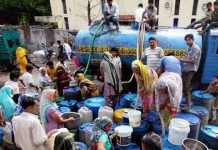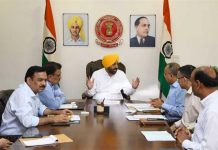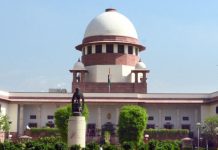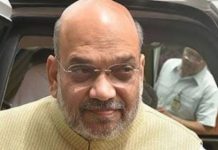The thaw in Indo-Russian ties on the back of the Obama invite to Manmohan Singh is a double whammy for India. Harinder Baweja felt the warmth in Moscow

EVEN AFTER the Prime Minister’s flight, AI-1 landed in Moscow on December 6, the high-level delegation accompanying Manmohan Singh was not sure if the welcome would extend beyond the ceremonial guard of honour, where Russian soldiers feted the PM in sub-zero temperatures.
The minus five degree Celsius temperature was reflective of the chill that has marked Indo-Russia ties of late . The relationship has travelled a fair distance since Indira’s India and Brezhnev’s Soviet Russia; and in the last decade, Moscow has been watching the expanding relationship between India and the US.
Manmohan Singh landed in Moscow within a few days of his return from the US, where he was the first state guest to be hosted by President Barack Obama. Moscow was watching once again, and a senior official on board the aircraft said, “We had touted the signing of the nuclear deal between India and Russia as being better than the 123 agreement but had no clarity on whether the deal would indeed go through. The disarmament lobby within Russia’s foreign ministry was opposing the deal. It was finally rescued by the President-Prime Minister combine.”
Much of the thaw took place at the informal dinner hosted by the Russian President Dmitry Medvedev at his dacha, his home on the outskirts of Moscow. “There was a lot of warmth inside,” Foreign Secretary Nirupama Rao told the media team accompanying the PM.
The warmth between Medvedev and Manmohan Singh was visible when they sat down in a gold-gilded room in the Kremlin, to announce an ‘agreement on cooperation in the use of atomic energy for development purposes’. Put simply, Russia will help India build nuclear reactors. Fuel supply guarantees also ensure that the contracts will remain valid even in the event of another nuclear test by India. The fuel supply agreements help allay the fear that India’s strategic options are sharply curtailed after its nuclear deal with US. While the pact with the US makes it amply clear that all cooperation would be off in case India tested, the one with Russia goes many steps further — it will complete work already in process.
The Indo-Russian nuke deal will remain valid even if India conducts another nuclear test
The importance of the trip lies in the fact that India has signalled that if it can dine with the Obamas one day, it can also break bread at a snow-lined dacha, the next. Russia, on its part, made its point through the near finalisation of the Admiral Gorshkov aircraft carrier deal. It was no coincidence that while Singh was winging his way to Moscow, a Russian team was hard at bargain on Gorshkov’s final price in New Delhi. Russia has been India’s main military supplier and the frosty relations between them on account of its slipping market share. Russia had sent more than a subtle message when Pranab Mukherjee was frisked in Moscow on a trip during the previous UPA tenure.
The thaw in the relationship was displayed by the fact that the Prime Minster came to the media enclosure of the special aircraft only on the return journey. The agreements had been inked by then.
WRITER’S EMAIL
shammy@tehelka.com












